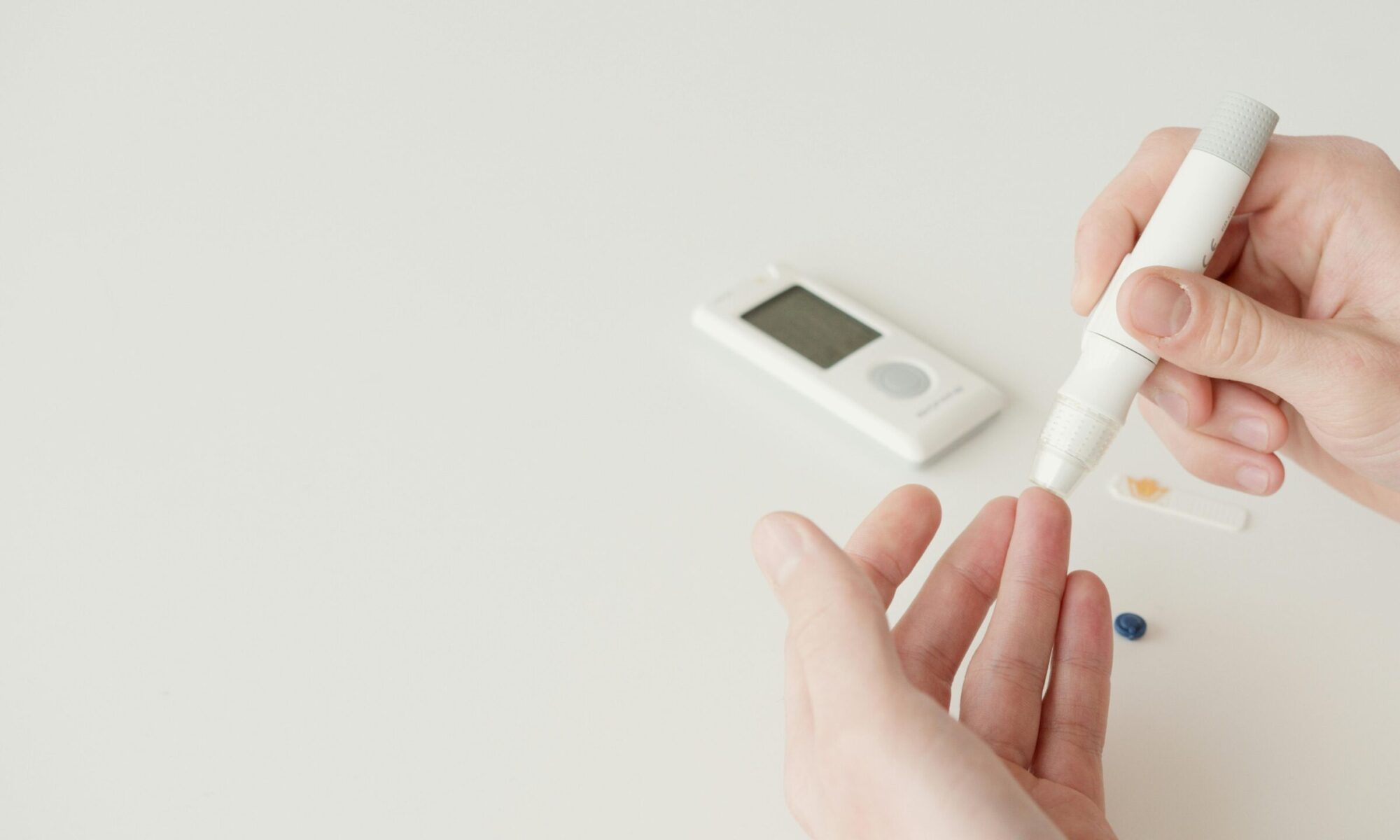Diabetic ketoacidosis (DKA) is a severe and potentially life-threatening complication of diabetes, predominantly seen in individuals with Type 1 Diabetes (T1D) but occasionally occurring in those with Type 2 Diabetes (T2D). DKA develops when the body cannot use glucose for energy due to insufficient insulin, leading to the breakdown of fat for fuel and the production of acidic ketones as byproducts. If untreated, DKA can cause dehydration, acid-base imbalances, and damage to vital organs, requiring immediate medical intervention.
Onset and Causes of DKA
The onset of DKA is often rapid, occurring within hours or days, and is usually triggered by a combination of factors:
- Missed Insulin Doses: Reduces glucose absorption by cells, causing the body to burn fat for energy.
- Infection or Illness: Conditions like urinary tract infections, pneumonia, or viral illnesses can increase insulin resistance and glucose levels, precipitating DKA.
- Stress or Surgery: Heightened cortisol and adrenaline levels during physical or emotional stress lead to higher blood sugar and ketone production.
- Undiagnosed Diabetes: In some cases, DKA is the first manifestation of Type 1 Diabetes in individuals unaware of their condition.
- Certain Medications: Drugs like corticosteroids, diuretics, or SGLT2 inhibitors can contribute to DKA by affecting blood sugar or ketone levels.
Symptoms of DKA
Recognizing the symptoms of DKA early is critical for prompt treatment.
- Early Symptoms: Extreme thirst, frequent urination, high blood sugar levels, and fatigue or weakness.
- Advanced Symptoms: Nausea, vomiting, abdominal pain, rapid breathing, fruity-smelling breath, and confusion.
- Severe Symptoms (Medical Emergency): Loss of consciousness, significant dehydration, and shock.
Warning Signs of Impending DKA
Persistent high blood sugar readings despite insulin adjustments or detection of ketones in blood or urine using at-home testing kits are common warning signs. Symptoms of illness coupled with elevated blood sugar levels should prompt immediate medical care if ketone levels are high or symptoms worsen.
Preventing DKA
Preventing DKA involves multiple strategies:
- Regular Insulin Administration: Never skip insulin doses, even during illness or when appetite is reduced. Adjust doses as recommended by a healthcare provider.
- Frequent Blood Glucose Monitoring: Check glucose levels multiple times daily to detect trends or abnormalities early.
- Ketone Testing: Use blood or urine ketone testing kits when blood sugar exceeds 240 mg/dL (13.3 mmol/L) or during illness.
- Stay Hydrated: Drink plenty of water to prevent dehydration, which can worsen DKA risk.
- Illness Management: Follow a sick-day plan, including frequent monitoring, maintaining hydration, and consulting a doctor when necessary.
- Education: Learn to recognize DKA symptoms and respond appropriately to high blood sugar or ketone levels.
How is DKA Treated?
Treatment for DKA typically requires hospitalization to stabilize blood sugar levels, correct acid-base imbalances, and address dehydration.
- Fluids and Electrolytes: Intravenous fluids are administered to rehydrate the body and restore electrolyte balance (sodium, potassium, and bicarbonate).
- Insulin Therapy: Intravenous insulin is given to reduce blood glucose and stop ketone production. Blood sugar levels are monitored frequently to avoid hypoglycemia.
- Addressing Underlying Causes: Infections or other triggering conditions are treated to prevent recurrence.
- Monitoring and Support: Vital signs and laboratory parameters (e.g., pH, ketone levels, and electrolyte balance) are closely monitored to ensure recovery.
Diabetic ketoacidosis is a preventable and treatable condition with proper diabetes management and timely interventions. Consistent monitoring of blood sugar and ketone levels, vigilance for early warning signs, and a structured plan for insulin administration and sick-day management are key. Understanding the triggers and symptoms of DKA empowers individuals and caregivers to act swiftly, preventing severe complications and supporting better overall health.
Disclaimer:
The content on this website/article is community-driven and contributed by non-medical professionals. The observations and views expressed reflect the experiences and opinions of the non-medical community. You are strictly advised to seek the advice or opinion of a qualified medical professional before considering or acting on any information, opinions, or views presented on this website.
View Count: 9 Views

